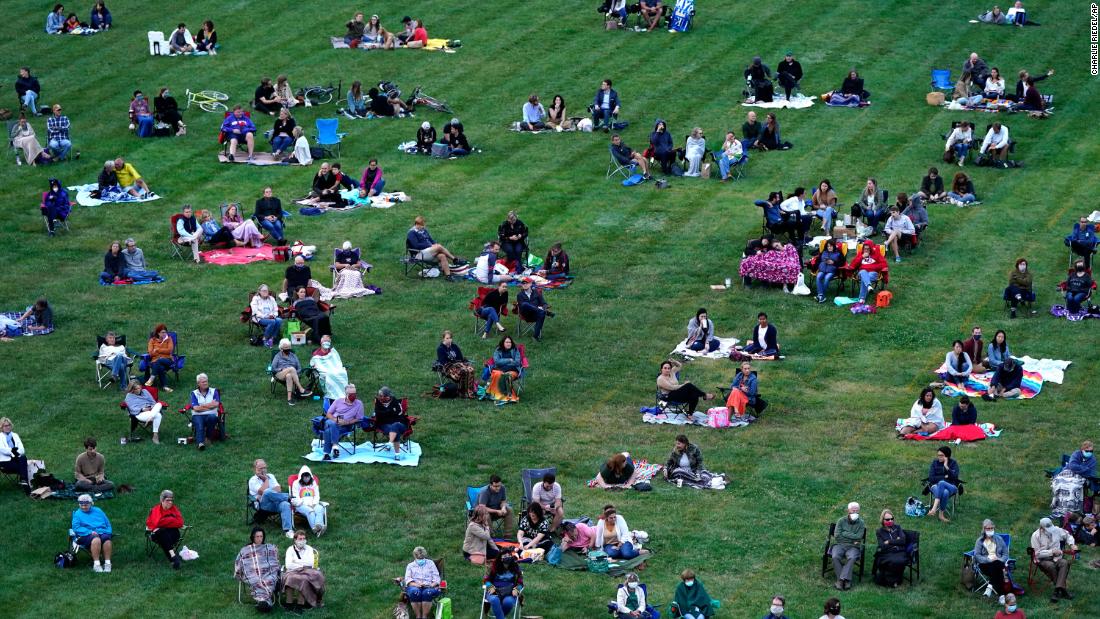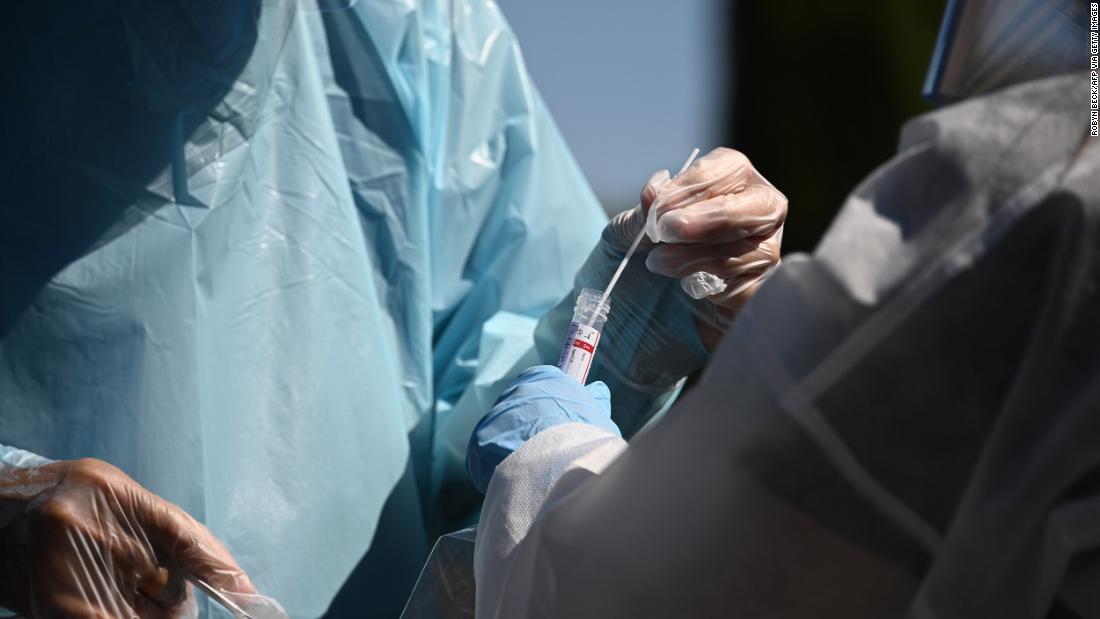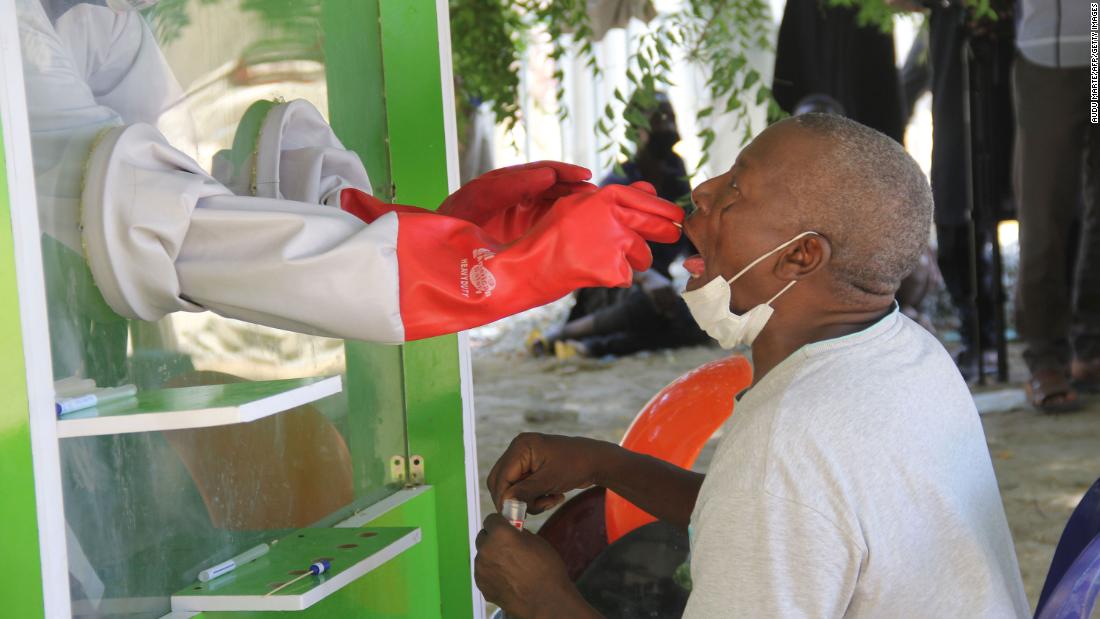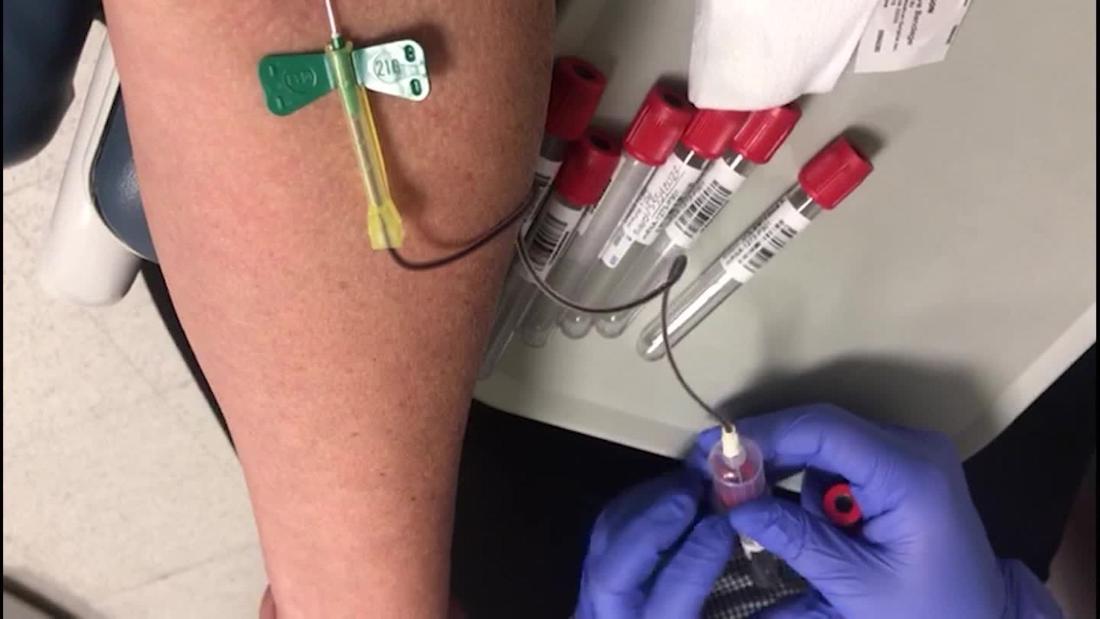With the US making no progress on average daily Covid-19 cases last month, officials fear a coming crisis
Submitted by mike kraft on
 With the US making no progress on average daily Covid-19 cases last month, officials fear a coming crisis The US made no progress in lowering its baseline of Covid-19 cases in the past month despite experts' urgent admonitions to reduce the daily count of new cases before the challenging fall and winter seasons. CNN
With the US making no progress on average daily Covid-19 cases last month, officials fear a coming crisis The US made no progress in lowering its baseline of Covid-19 cases in the past month despite experts' urgent admonitions to reduce the daily count of new cases before the challenging fall and winter seasons. CNN 













